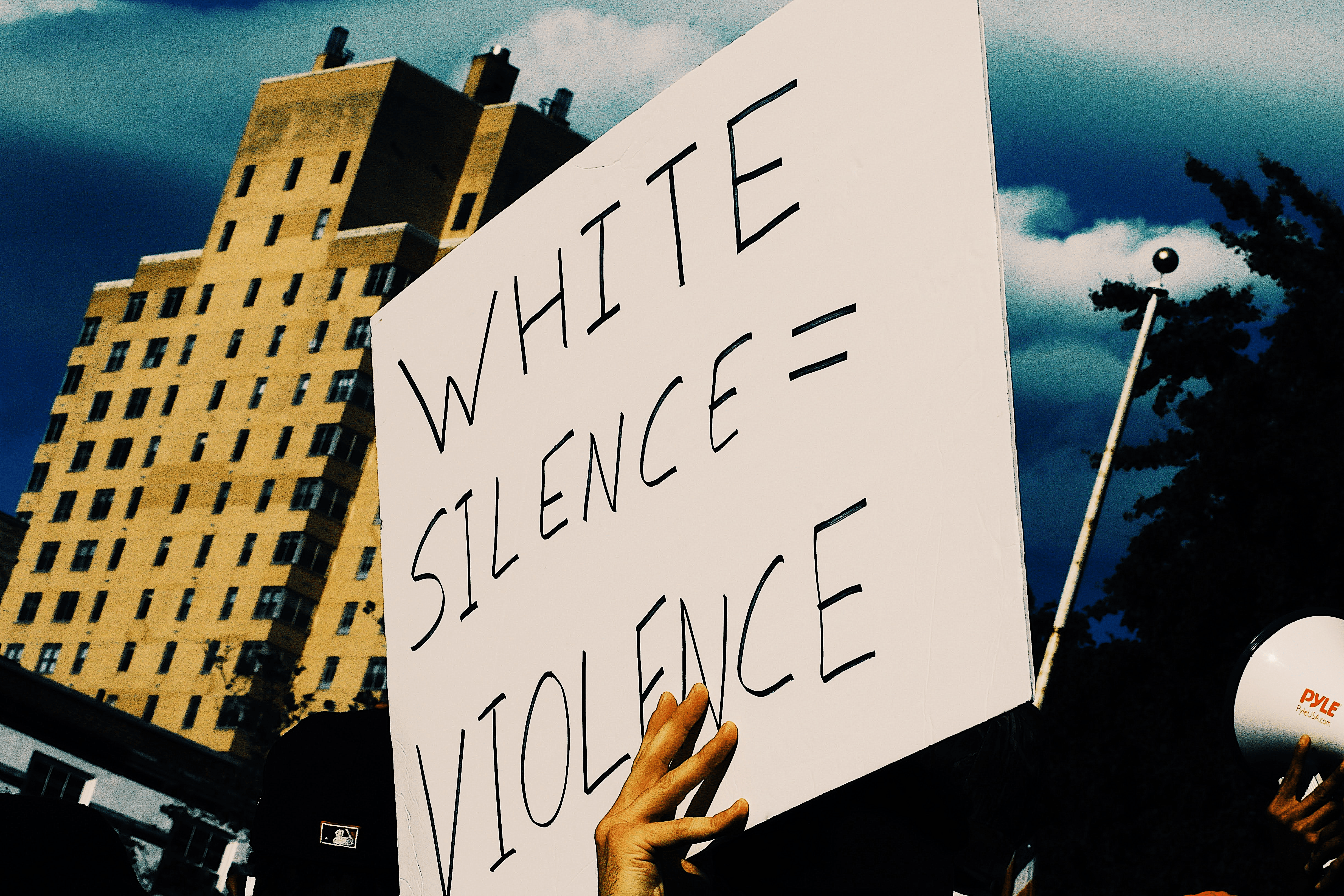Who has the capital on knowledge production? Reflections on the sharp white background of academia and anti-racist scholarship
DOI:
https://doi.org/10.59745/st.v1i1.18Abstract
What exactly do we mean by ‘academic’? Often academic institutions are considered the key intellectual sites for knowledge production and exchange, in understanding the realities and facets of human and social life. In the same vein, there is a common claim that academic institutions exist as an “ivory tower” divorced from the real world. However, the claim of the ivory tower does not hold up in reality – academic institutions across the Global North hold considerable power in society, particularly in privileging dominant worldviews and sustaining inequality in society. Equally, the ‘sharp white background’ of academia – whereby White, middle-class, and male scholars hold a prominent position of social and cultural capital in academic institutions – results in epistemic patterns of whiteness in the academic modes of production, such as west-centrism. The challenge of west-centrism and normative whiteness can be seen widely across the social sciences, and in particular fields such as global health, yet the academic discourse is starkly uncritical of European modernity, colonialism and racism. As the knowledge produced in academic institutions reflects a certain power, privilege and dominant ideologies, there is an important question at hand: who has the capital on knowledge production? By drawing on Bourdieu’s concept of cultural capital, I explore and reflect on how academic modes of knowledge production reinforce whiteness and racism within and beyond the university. Confronted with the challenges of normative whiteness in academic modes of knowledge production, this article also questions whether it is possible to go beyond the “master’s tools” and conduct meaningful, anti-racist scholarship as racialised academics.
Downloads

Downloads
Published
Issue
Section
License
Copyright (c) 2023 Aida Hassan

This work is licensed under a Creative Commons Attribution-ShareAlike 4.0 International License.
